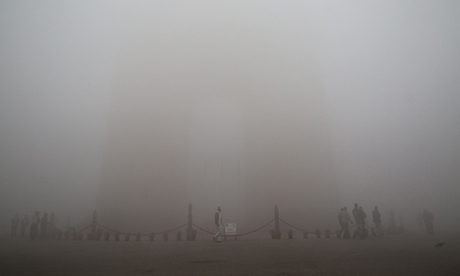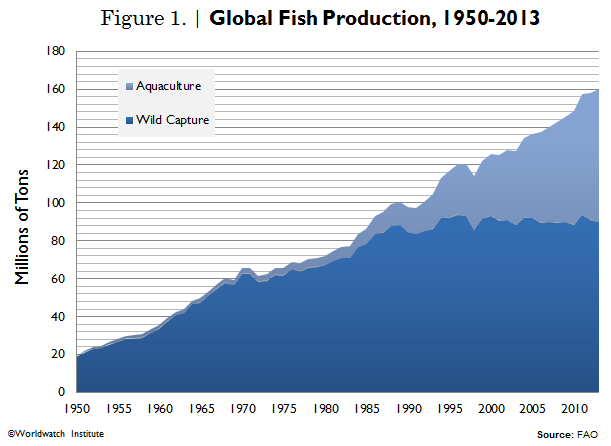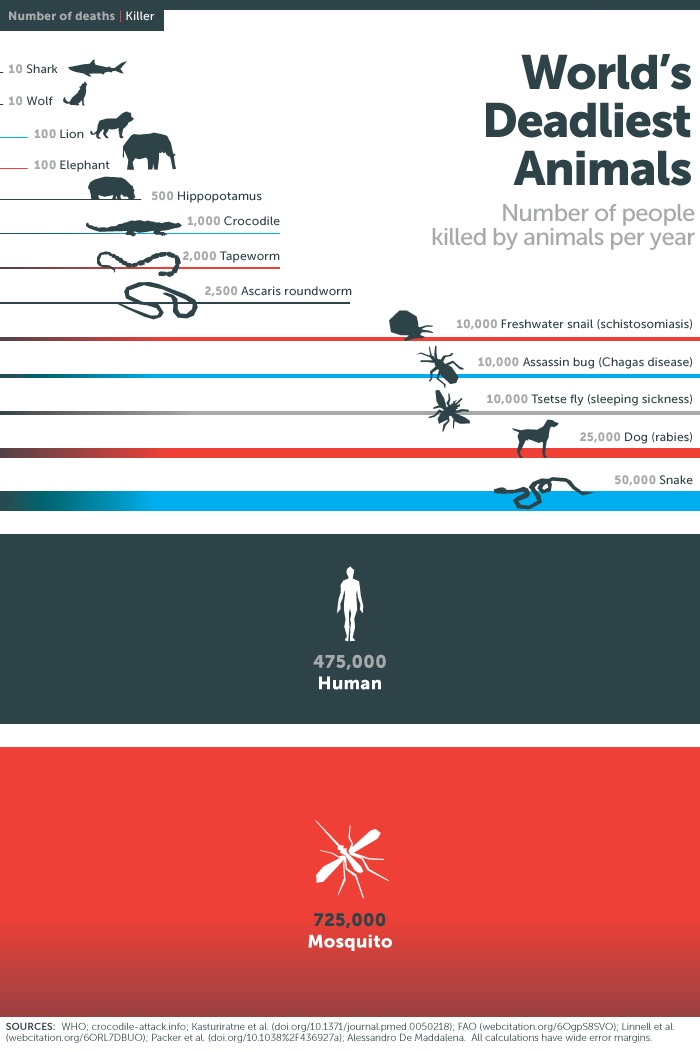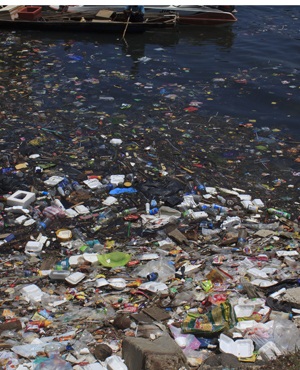Global
Submitted by shermmarshall on
Scientists Sound Alarm on Climate
Submitted by shermmarshall on
WHO: air pollution 'is single biggest environmental health risk'
Submitted by shermmarshall on
The Most Disruptive Force on the Planet
Submitted by shermmarshall on
Peacekeeping Budgets Equal Less than Two Days of Military Spending
Submitted by shermmarshall on
World must end 'dirty' fuel use - UN
Submitted by shermmarshall on
Aquaculture Continues to Gain on Wild Fish Capture
Submitted by shermmarshall on
Antibiotics are losing effectiveness in every country, says WHO
Submitted by shermmarshall on
The most deadly creature on earth
Submitted by shermmarshall on
Plastic waste causing $13bn in damage: UN
Submitted by shermmarshall on












